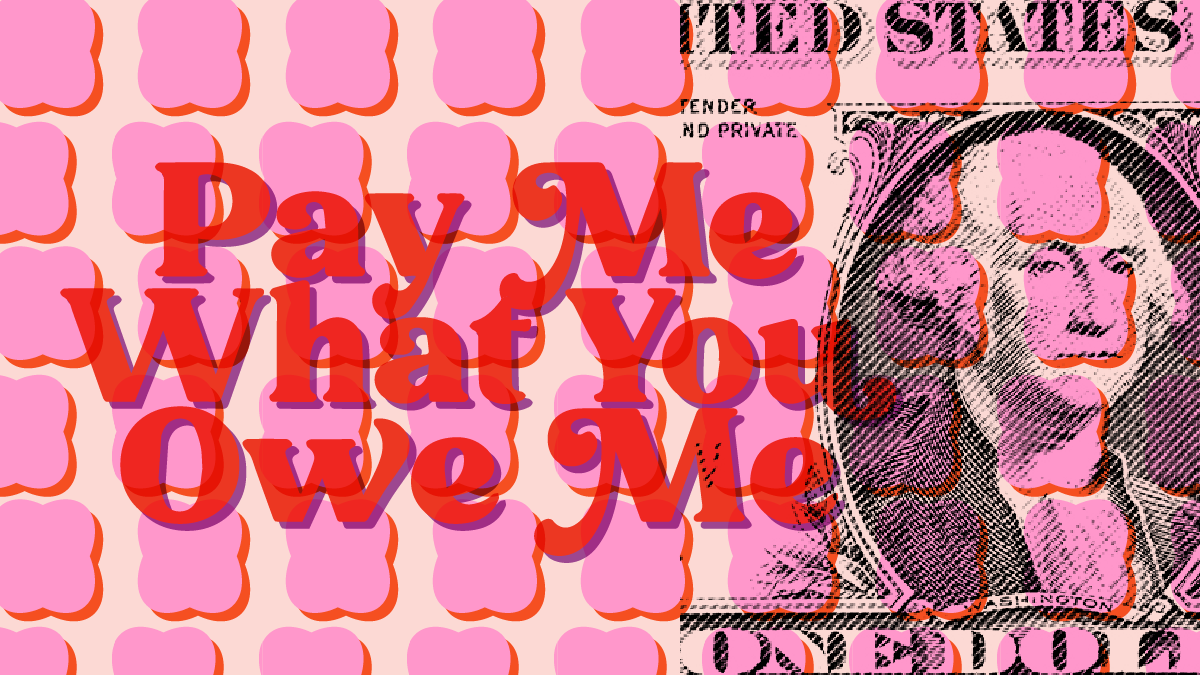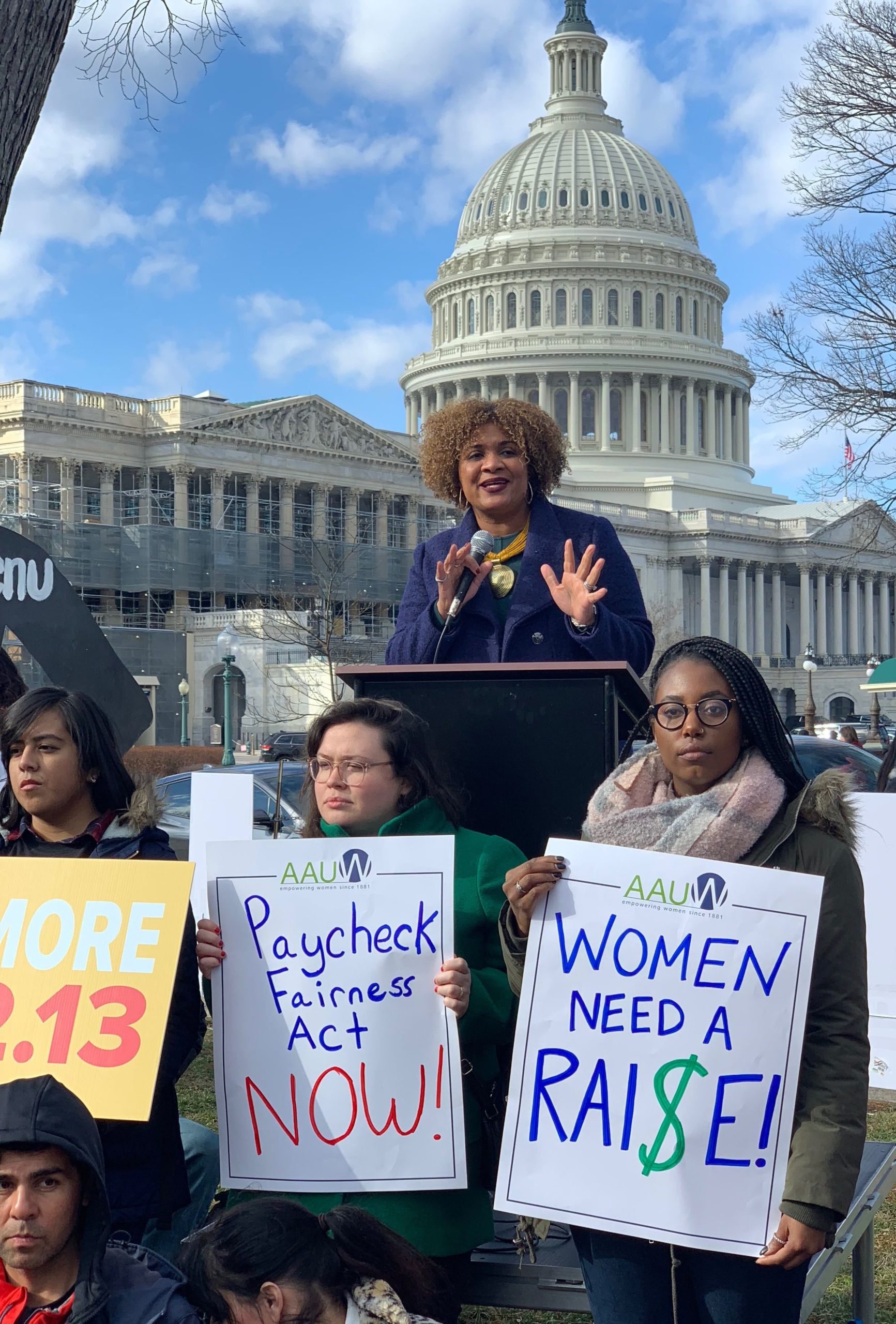AANHPI Women Cannot Afford to Wait for Action on the Wage Gap

Screenwriter Adele Lim left her job on the Crazy Rich Asians sequel because she was offered about an eighth of the salary offered to her co-screenwriter Peter Chiarelli, a white man.
Yes, you read that right.
That’s up to $1 million dollars for the white man—and only “$110,000-plus” for her.
This is an inequity and an outrage. But while Lim was able to (rightfully) leave this position, many Asian American, Native Hawaiian, and Pacific Islander (AANHPI) women can’t afford to quit their job because they’re being grossly underpaid.
As a group, AANHPI women working full time, year-round typically lose nearly $4,690 a year to the wage gap. If this wage gap does not close, an AANHPI woman starting her career today stands to lose $187,616 over the next 40 years compared to a white, non-Hispanic man starting his career at the same time. But those figures can be substantially larger for women of many AANHPI communities:
Bhutanese women stand to lose over $1.4 million compared to white, non-Hispanic men; Burmese women stand to lose over $1.2 million; Nepalese women over $1.1 million; and Hmong, Cambodian, and Laotian women over $1 million dollars because of the wage gap over the course of their careers. Whatever the wage gap for AANHPI women, lost earnings due to the racist and sexist wage gap has robbed them of the economic security they and their families deserve and adds up to substantial losses over a lifetime.
Peter Chiarelli allegedly offered to split his salary with Adele Lim, but she reportedly rejected it, “voicing concern that producers viewed her ability to provide a distinct cultural sensibility as her only value to the screenplay.”
“[My pay],” she said, “shouldn’t be dependent on the generosity of the white guy writer.”
“If I couldn’t get pay equity after Crazy Rich Asians,” Lim said, “I can’t imagine what it would be like for anyone else, given that the standard for how much you’re worth is having established quotes from previous movies, which women of color would never have been [hired for].”
The National Women’s Law Center can imagine—because our research shows it. Losses due to gender and racial wage gaps are devastating for AANHPI women and their families, many of whom lose tens of thousands of dollars annually to the wage gap. This harms not only AANHPI women, but the families who depend on their income.
AANHPI women cannot afford to wait for action on the wage gap.




